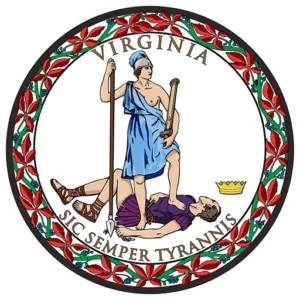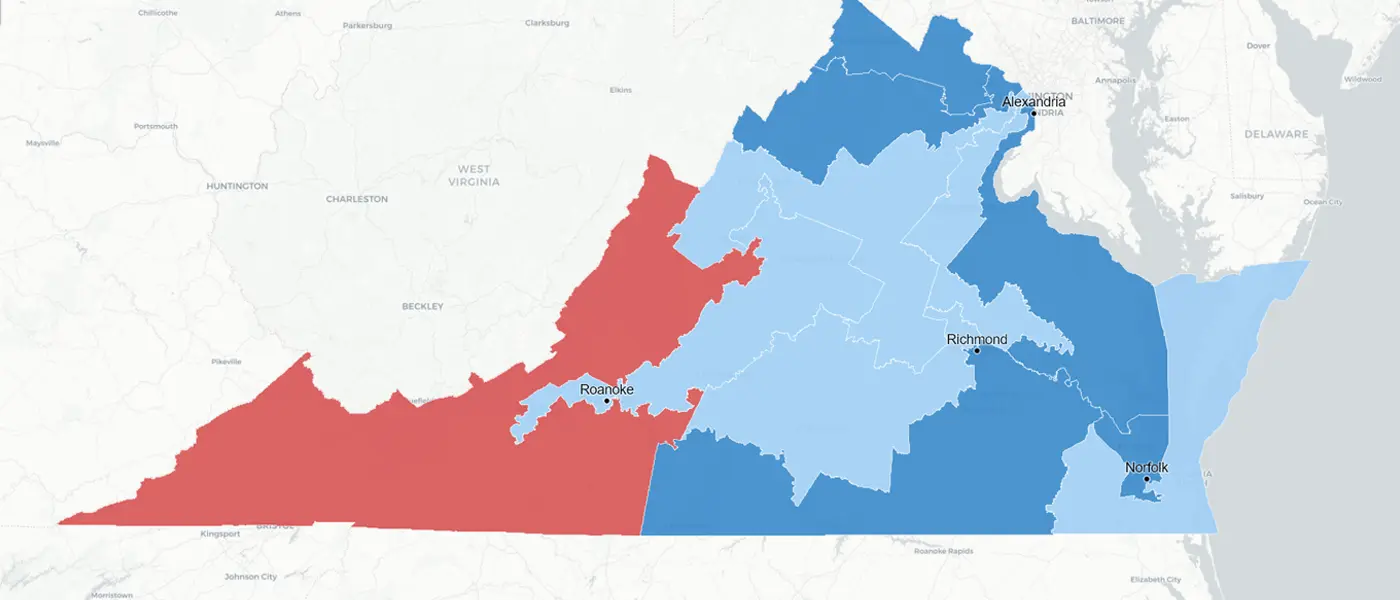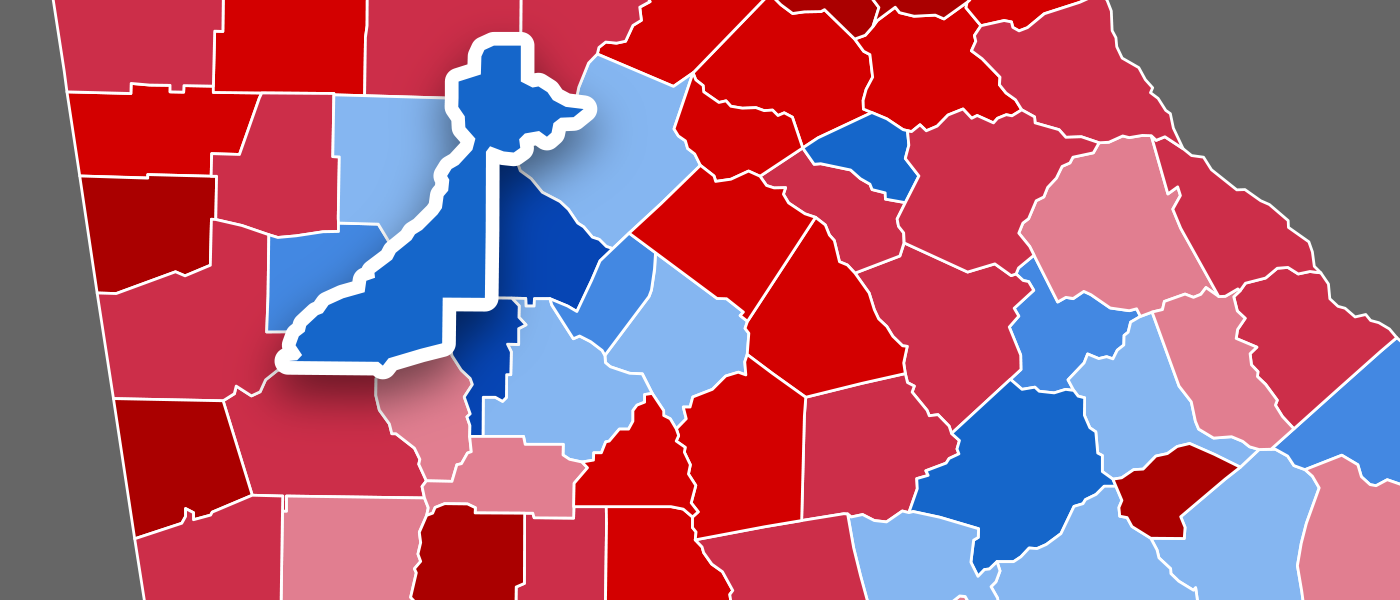A special election will be held on January 6, 2026, to fill vacancies in the 15th District in the Virginia Senate and the 77th District in the Virginia House of Delegates. I make the following recommendations in those races:
- Senate, 15th District: Former Virginia Senator Ghazala Hashmi (D-15th) resigned following her election as Lieutenant Governor of Virginia. Former Virginia Delegate Mike Jones (D-77th) and John Thomas (R) stand as candidates to replace her. I recommend voting for John Thomas.
- House, 77th District: Former Virginia Delegate Mike Jones (D-77th) resigned to seek election to the Virginia Senate. Charlie Schmidt (D) and Richard Stonage (R) stand as candidates to replace him. I recommend voting for Richard Stonage.
Another special election will be held on January 13, 2026, to fill vacancies in the 11th District and 23rd District in the Virginia House of Delegates. I make the following recommendations in those races:
- House, 11th District: Former Virginia Delegate David Bulova (D-11th) resigned following his nomination to serve as Virginia Secretary of Natural and Historic Resources. Gretchen Bulova (D) and Adam Wise (R) stand as candidates to replace him. I recommend voting for Adam Wise.
- House, 23rd District: Former Virginia Delegate Candi King (D-23rd) resigned following her nomination to serve as Virginia Secretary of the Commonwealth. Margaret Franklin (D) and Verndell Robinson (R) stand as candidates to replace her. I recommend voting for Verndell Robinson.
A third special election will be held on January 20, 2026, to fill a vacancy in the 17th District in the Virginia House of Delegates. I make the following recommendations in that race:
- House, 17th District: Former Virginia Delegate Mark Sickles (D-17th) resigned following his nomination to serve as Virginia Secretary of Finance. Chris Cardiff (R) and Garrett McGuire (D) stand as candidates to replace him. I recommend voting for Chris Cardiff.
A fourth special election will be held on February 10, 2026, to fill vacancies in the 39th District in the Virginia Senate and the 5th District in the Virginia House of Delegates. I make the following recommendations in those races:
- Senate, 39th District: Former Virginia Senator Adam Ebbin (D-39th) resigned following his appointment to serve as an advisor to the Virginia Cannabis Control Authority. Former Virginia Delegate Elizabeth Bennett-Parker (D-5th) and Julie Robben Lineberry (R) stand as candidates to replace him. I recommend voting for Julie Robben Lineberry.
- House, 5th District: Former Virginia Delegate Elizabeth Bennett-Parker (D-5th) resigned to seek election to the Virginia Senate. Mason Butler (R) and Alexandria City Council Member Kirk McPike (D) stand as candidates to replace her. I recommend voting for Mason Butler.
Updated January 7, 2026: Added a recommendation for the January 20 special election for the 17th District in the Virginia House of Delegates.
Updated February 9, 2026: Added a recommendation for the February 10th special elections for the 39th District of the Virginia Senate and the 5th District in the Virginia House of Delegates.




